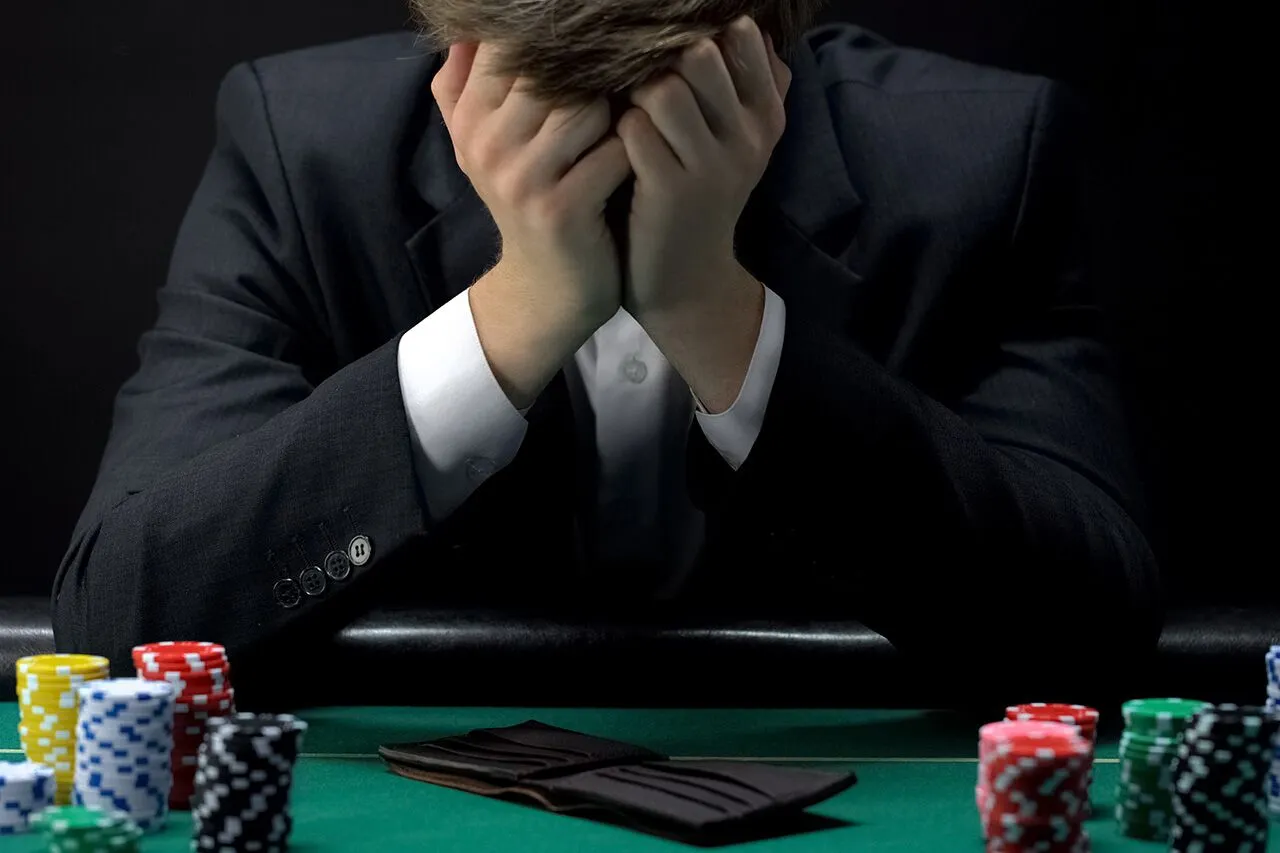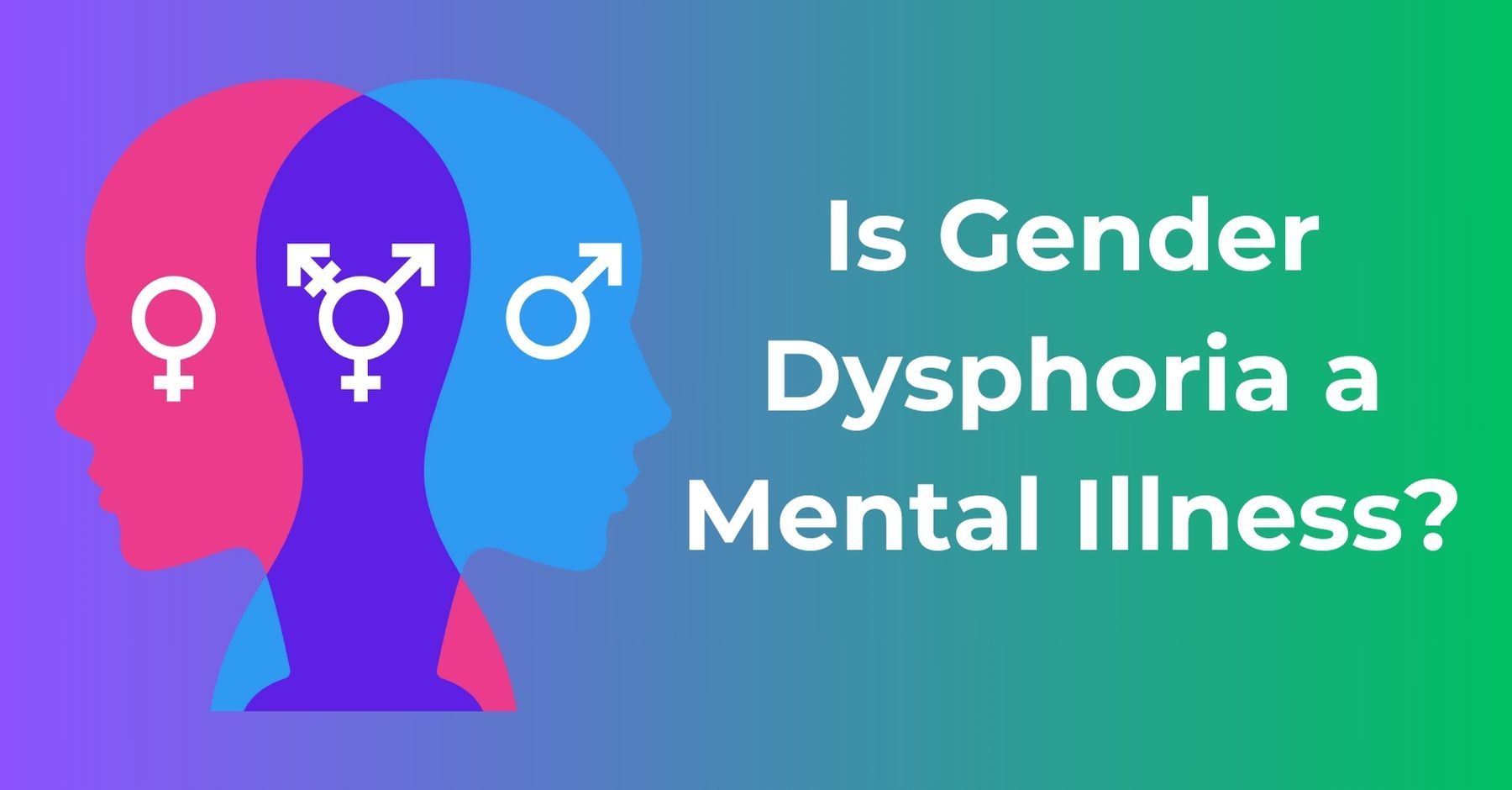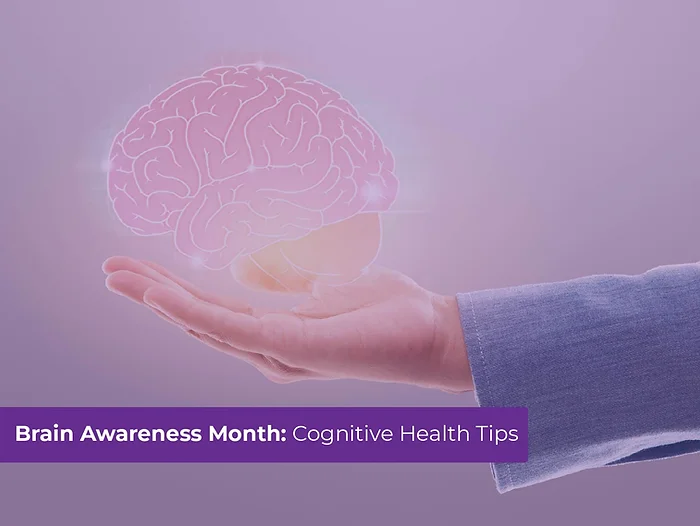Gambling disorder is a mental health condition characterized by persistent and problematic gambling behavior. Individuals with this disorder often experience a compulsive urge to gamble, despite negative consequences.
Symptoms of Gambling Disorder
Individuals with gambling disorder may exhibit the following symptoms:
- Preoccupation with Gambling: Constant thoughts about gambling, planning gambling activities, or reminiscing about past gambling experiences.
- Need to Gamble with Increasing Amounts of Money: To achieve the desired excitement or to recoup losses.
- Failed Attempts to Cut Back or Stop Gambling: Repeated unsuccessful attempts to control or reduce gambling behavior.
- Restlessness or Irritability When Attempting to Cut Down or Stop Gambling: Experiencing withdrawal symptoms, such as anxiety, restlessness, or mood swings.
- Gambling to Escape Problems: Using gambling as a way to escape from problems or negative emotions.
- Lying to Conceal the Extent of Involvement in Gambling: Deceiving family, friends, or therapists about gambling activities.
- Committing Illegal Acts to Finance Gambling: Stealing, fraud, or embezzlement to obtain money for gambling.
- Jeopardizing Important Relationships: Sacrificing relationships with family, friends, or loved ones due to gambling.
- Reliance on Others to Provide Financial Support: Borrowing money or relying on others to cover gambling debts.
Treatment for Gambling Disorder
Treatment for gambling disorder typically involves a combination of psychological therapies and, in some cases, medication. Effective treatments include:
- Cognitive-Behavioral Therapy (CBT): This therapy helps individuals identify and change negative thoughts and behaviors related to gambling.
- Motivational Interviewing: This therapy helps individuals develop motivation to change their gambling behavior.
- Medication: Certain medications, such as opioid antagonists, may be used to reduce cravings and impulsive behavior.
- Support Groups: Support groups provide a safe and supportive environment for individuals to share their experiences and learn from1 others.
If you or someone you know is struggling with gambling disorder, seeking professional help is crucial. Early intervention can help individuals overcome addiction and rebuild their lives.



